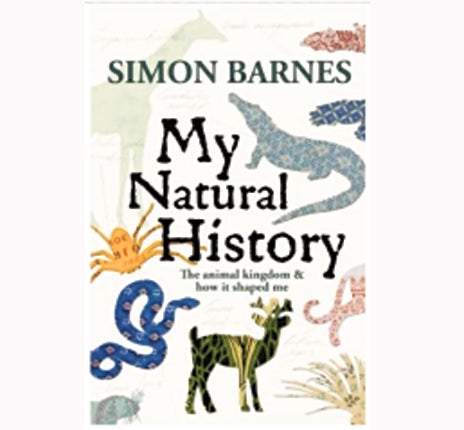Simon Barnes recalls an incident from an England cricket match against the West Indies in 1986.
He was covering the game in Trinidad and Ian Botham, after a bad performance, made a provocative gesture towards the press box. The TV camera, panning to catch the journalists' response, caught Barnes leaning out, but with "binoculars trained on something at 90 degrees to the action". The object of his attention was a crested oropendola.
The incident perfectly sums up Barnes's character as a man split between two abiding passions: the natural world and sport. This gentle memoir, fluctuating between his career as sportswriter and wildlife fanatic, takes us from his childhood in London and undergraduate days in Bristol to him as married, dad- of-two in Suffolk. In between, via domestic encounters and globe-trotting adventures, it encompasses everything from bats, water voles and willow warblers to leopards, lions and grey whale.
Written in a self-deprecating style, it's a book full of modest revelations. Barnes brings the animal kingdom to life, whether crocodiles in Belize's rainforest, Himalayan kingfishers in India or lions in Zambia's Luangwa Valley. His sense of awe is palpable, such as when encountering a bird colony on a Sri Lankan reservoir. "Every branch of every tree – bare, water-killed and slowly rotting – bore a cluster of strange black fruit. It was like looking at the stars on a frosty night: endless constellations and nebulae and galaxies of cormorants."
The most moving parts, however, are on the subject of family – describing his relationship with his younger son, who has Down's syndrome, or the moment he notices that his older boy, at 15, already has such different interests and talents from him. "What on earth is fatherhood, what does it mean, what kind of legacy is this, a son who towers over my head and makes working cars and animated films?" This book will inspire people about wildlife – even if, for most of us, that only means listening to the dawn chorus in our gardens.

Join our commenting forum
Join thought-provoking conversations, follow other Independent readers and see their replies
Comments